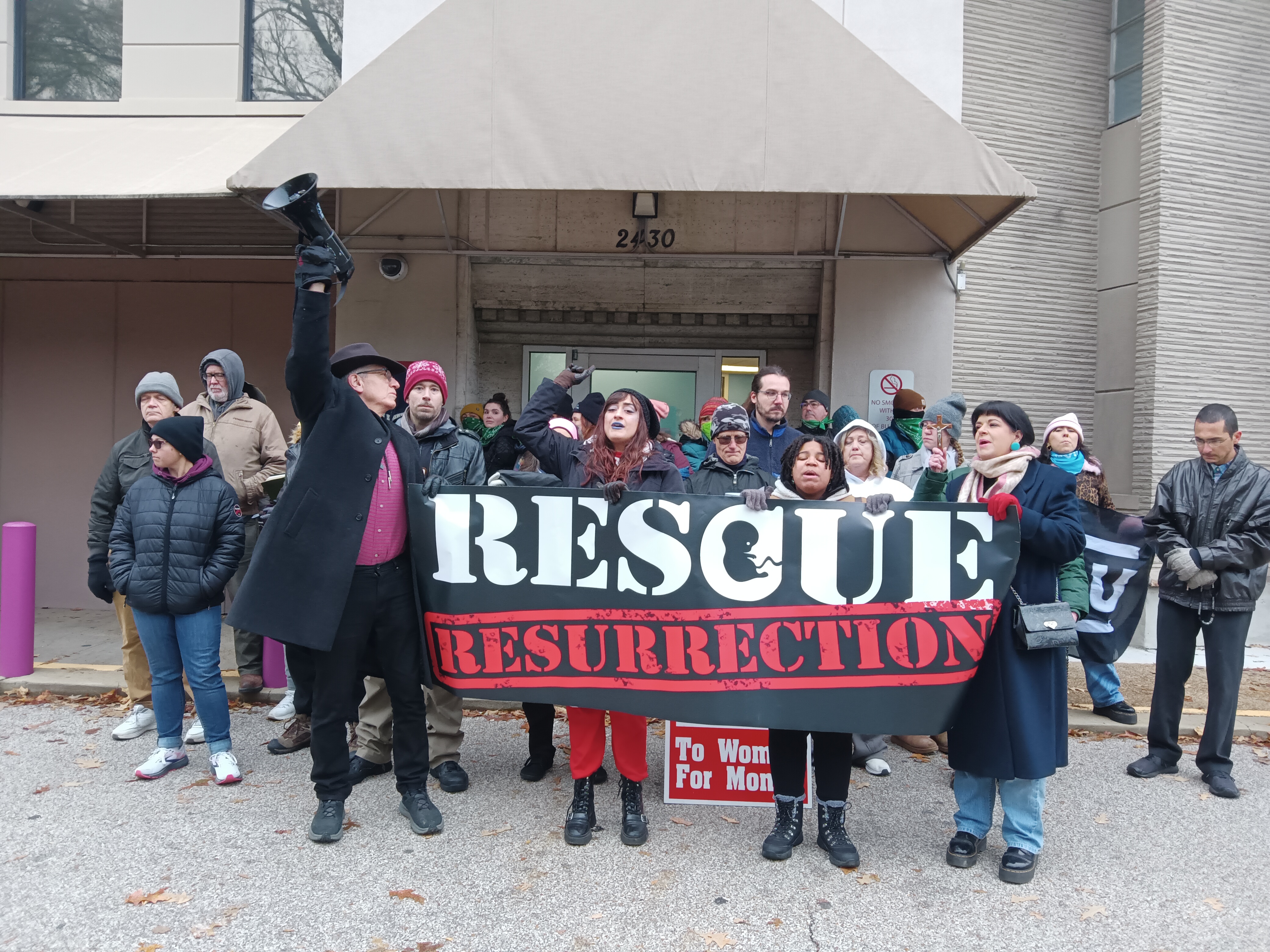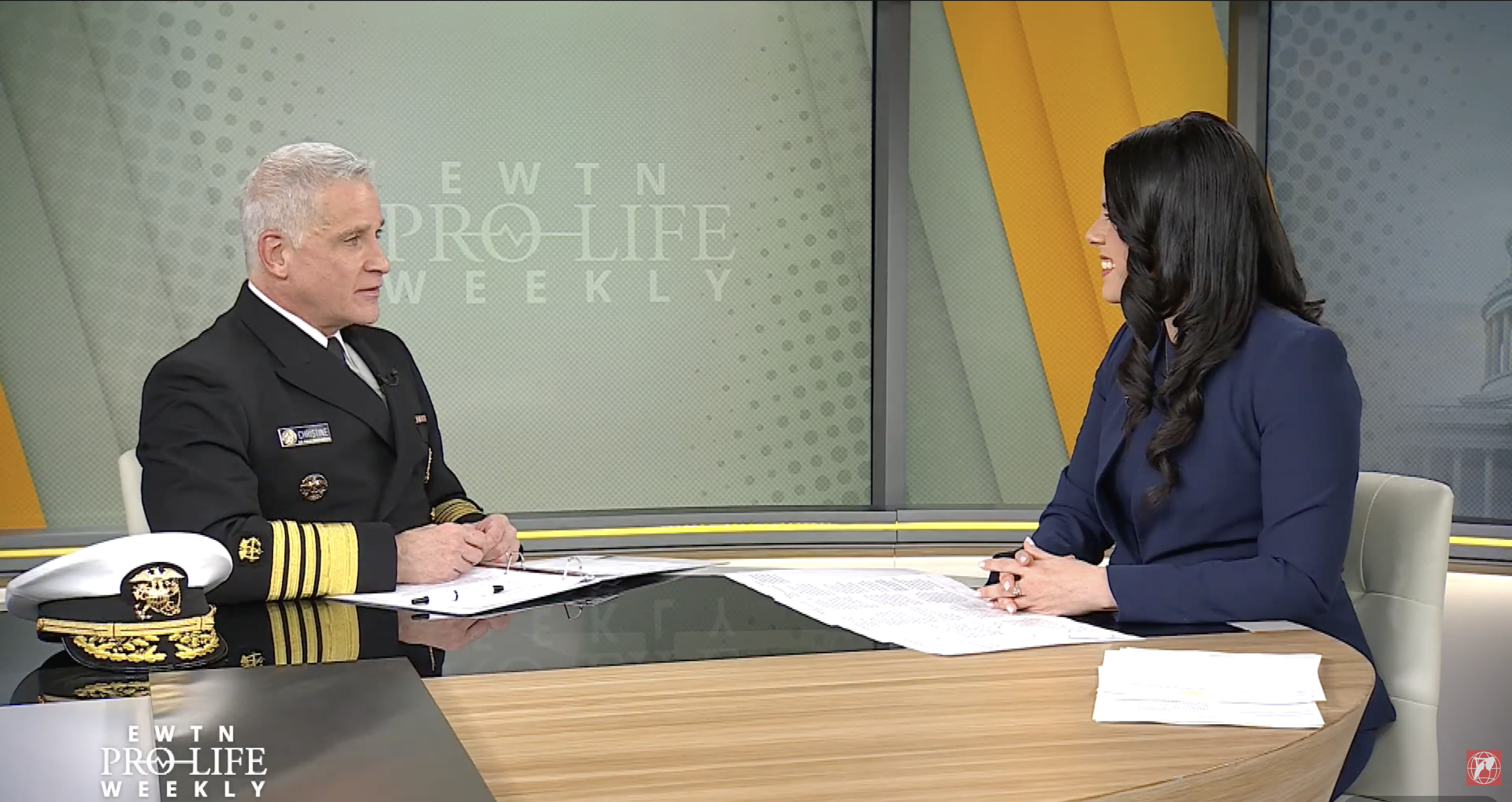Mike Hammer, chargé d'affaires of the U.S. Embassy in Cuba, is conducting visits throughout the island, during which he has met with bishops, opposition figures, and local residents.
The American diplomat has been documenting these visits and meetings on the U.S. Embassy in Cuba's X account.
The first meeting publicized was the one he held with the president of the Cuban Conference of Catholic Bishops, Archbishop Arturo González Amador, and Cardinal Juan de la Caridad García, archbishop of Havana.
The diplomat reported on Jan. 30 that the meeting was to "review the distribution of humanitarian aid that the U.S. government is sending through Caritas Cuba to those affected by Hurricane Melissa in eastern Cuba."
Tweet< async src="https://platform.twitter.com/widgets.js" charset="utf-8">
"If everything goes well and the aid is reaching those most in need, the Trump administration is ready to send more assistance given the great needs of the average Cuban citizen," the embassy stated.
On Feb. 1, Hammer posted a video on X showing him with Father José Conrado in the municipality of Trinidad. Conrado is known for denouncing injustices in Cuba for many years.
"I had the pleasure of meeting Father Conrado again in Trinidad," Hammer wrote on X. "He inspires me every time I talk to him. And when I left the parish, a few communists, surely frustrated by how badly the revolution is going, shouted obscenities at me — but aren't they the ones who always insist on being treated with respect?"
In response, the U.S. State Department's Bureau of Western Hemisphere Affairs demanded that the "illegitimate Cuban regime" immediately cease "its repressive acts of sending individuals to interfere with the diplomatic work of Chargé d'Affaires Hammer and the members" of the embassy team.
"Our diplomats will continue to meet with the Cuban people, despite the regime's failed intimidation tactics," the U.S. government office stated.
The U.S. embassy noted on X that Hammer is meeting with "ordinary Cubans" who "contacted us by email."
"If you would like us to visit you, send us your phone number and we will contact you when we are in your province," the diplomatic mission in Havana said.
The representative also visited the provinces of Ciego de Ávila and Camagüey. In the latter, he met with Archbishop Wilfredo Pino. Although he did not disclose the content of the conversation, Hammer noted on Feb. 2 that, "like the U.S., the Church has an important role in supporting ordinary Cubans."
Tweet< async src="https://platform.twitter.com/widgets.js" charset="utf-8">
"The acts of repudiation organized by the regime will not prevent us from continuing to meet with Cubans concerned about the crisis facing the country," the embassy stated on X.
On Feb. 4, Hammer reported on his meeting with the bishop of Holguín, Emilio Aranguren, to whom he presented a miniature "replica of our 'Liberty Bell'" to commemorate the 250th anniversary of the independence of the United States.
During his visits, the diplomat also visited the homes of several citizens, including opposition figure Iván Hernández Carrillo and the family of Félix and Sayli Navarro, who were imprisoned because of the mass protests of July 2021.
"We continue to insist that they and all political prisoners be released," the U.S. Embassy stated.
This story was first published by ACI Prensa, the Spanish-language sister service of EWTN News. It has been translated and adapted by EWTN News English.



